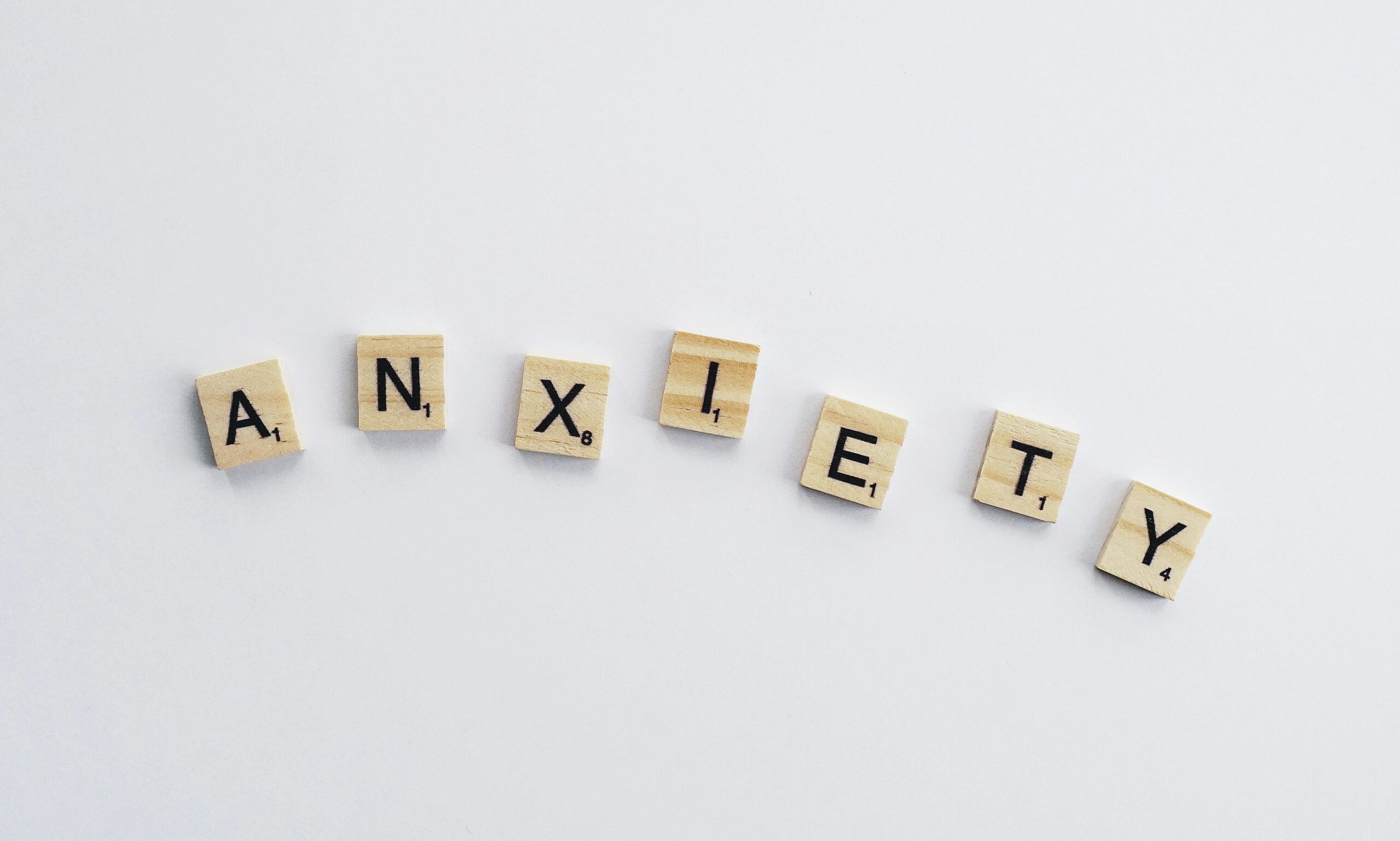Mental health is just as vital as physical health — yet, it’s often misunderstood, neglected, or stigmatized. In a world filled with pressure, expectations, and constant connectivity, mental well-being can easily become compromised.
This article explores:
- What mental health really means
- Common mental health conditions
- Symptoms to watch for
- Causes and risk factors
- Strategies for maintaining mental wellness
- Where and how to seek help
🧠 What Is Mental Health?
Mental health refers to your emotional, psychological, and social well-being. It affects how you think, feel, and behave — and how you handle stress, relate to others, and make choices.
Mental health is:
- A state of balance
- Not just the absence of mental illness
- Something everyone has (and needs to care for)
🌍 The Importance of Mental Health
Good mental health allows you to:
- Cope with everyday challenges
- Perform productively at work or school
- Build and maintain healthy relationships
- Make sound decisions and handle emotions
- Enjoy life and pursue goals
Without mental well-being, your physical health, relationships, and productivity can suffer dramatically.
⚠️ Common Mental Health Disorders
Here are some of the most prevalent mental health conditions:
| Condition | Description |
|---|---|
| Depression | Persistent sadness, hopelessness, loss of interest in activities |
| Anxiety Disorders | Excessive fear, nervousness, or panic |
| Bipolar Disorder | Extreme mood swings from mania to depression |
| Schizophrenia | Distorted thinking, hallucinations, delusions |
| PTSD (Post-Traumatic Stress) | Triggered by traumatic events, causing flashbacks and anxiety |
| OCD (Obsessive-Compulsive Disorder) | Repetitive thoughts and behaviors that interfere with daily life |
| Eating Disorders (e.g., Anorexia, Bulimia) | Abnormal eating habits, body image issues |
| ADHD (Attention Deficit Hyperactivity Disorder) | Inattention, impulsivity, hyperactivity |
🚨 Signs and Symptoms of Mental Health Issues
Recognizing the early warning signs can help with timely treatment:
Emotional Symptoms:
- Constant sadness or hopelessness
- Sudden mood swings
- Anxiety, worry, or irrational fears
- Feelings of guilt or worthlessness
Behavioral Symptoms:
- Withdrawal from social activities
- Lack of motivation or interest
- Substance abuse (alcohol, drugs)
- Sleeping too much or too little
- Eating too much or too little
Physical Symptoms:
- Headaches, stomach issues
- Fatigue or low energy
- Unexplained aches and pains
🧬 Causes and Risk Factors
Mental health issues can stem from a complex mix of factors, including:
| Category | Examples |
|---|---|
| Biological | Brain chemistry, genetics, hormone imbalances |
| Psychological | Childhood trauma, abuse, neglect |
| Environmental | Stressful life events, poverty, unemployment, discrimination |
| Social | Loneliness, poor relationships, bullying |
| Lifestyle | Poor sleep, lack of exercise, unhealthy diet, substance use |
Even physical health problems (e.g., chronic illness, pain, or hormonal disorders) can trigger mental health challenges.
🧘 How to Maintain Mental Wellness
Whether or not you’ve experienced mental illness, everyone benefits from mental self-care:
1. 🌿 Prioritize Self-Care
- Get enough sleep (7–9 hours)
- Eat a balanced diet
- Stay physically active (30 minutes daily)
- Avoid alcohol, smoking, and drugs
2. 🧘♀️ Practice Stress Management
- Try meditation, breathing exercises, or yoga
- Keep a journal to release emotions
- Set boundaries and say no when needed
3. 🫂 Build Strong Social Connections
- Stay in touch with family and friends
- Join support groups or community programs
4. 🎯 Set Realistic Goals
- Break large tasks into small steps
- Celebrate achievements, even small ones
5. 🎨 Do Activities You Enjoy
- Engage in hobbies, music, art, or volunteering
🆘 When to Seek Help
It’s okay to struggle — and seeking help is a sign of strength, not weakness.
You should reach out if:
- Symptoms persist for more than two weeks
- Your mental state is affecting your job, school, or relationships
- You’re relying on alcohol, drugs, or food to cope
- You have thoughts of self-harm or suicide
👩⚕️ Where to Get Help
You’re not alone. There are many places to turn:
| Support Option | Details |
|---|---|
| Therapist / Psychologist | Trained professionals in talk therapy (CBT, DBT, etc.) |
| Psychiatrist | Medical doctor who can prescribe medications |
| Primary Care Doctor | First step to rule out physical causes |
| Hotlines & Helplines | Confidential support, often 24/7 |
| Online Therapy Platforms | BetterHelp, Talkspace, MindBeacon, etc. |
| Community Clinics | Low-cost or free mental health services |
If you’re in immediate danger or suicidal, contact emergency services or a local suicide prevention hotline.
🧘 Mental Health in the Digital Age
Social media can both support and harm mental health. Use it mindfully:
- Limit screen time
- Follow positive, supportive pages
- Unfollow accounts that cause stress or comparison
- Take digital detox breaks when needed
🌈 Break the Stigma
Many people suffer in silence because they fear judgment. Let’s change that.
- Speak openly about mental health
- Support friends and loved ones without judgment
- Educate others with facts, not fear
- Understand that mental illness is just like physical illness — it needs care, not shame
💬 Final Thoughts
Mental health is a vital part of your well-being — and it deserves daily attention, just like your physical health. Whether you’re managing a condition or aiming for better emotional balance, there are tools, people, and treatments to help.



